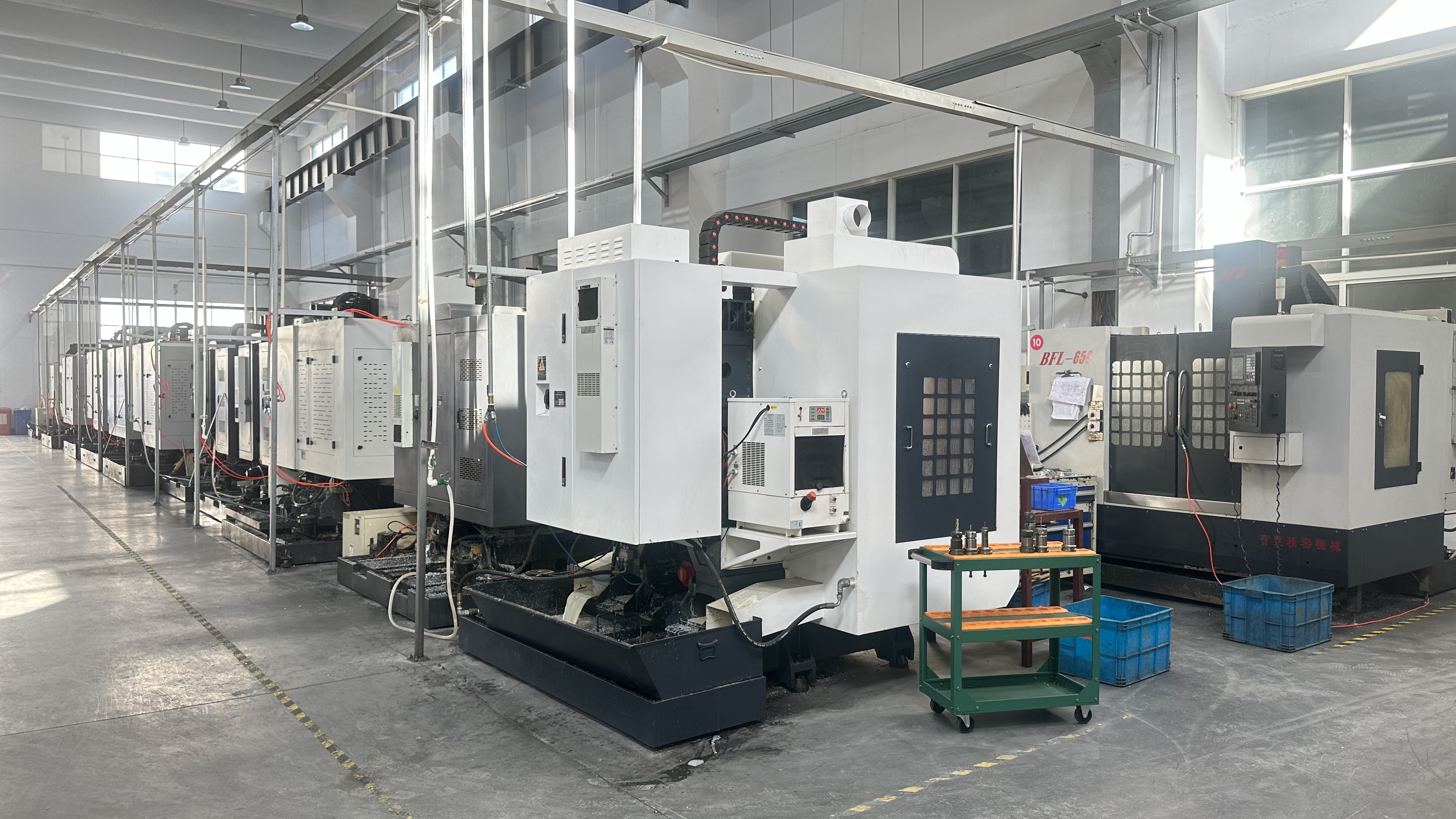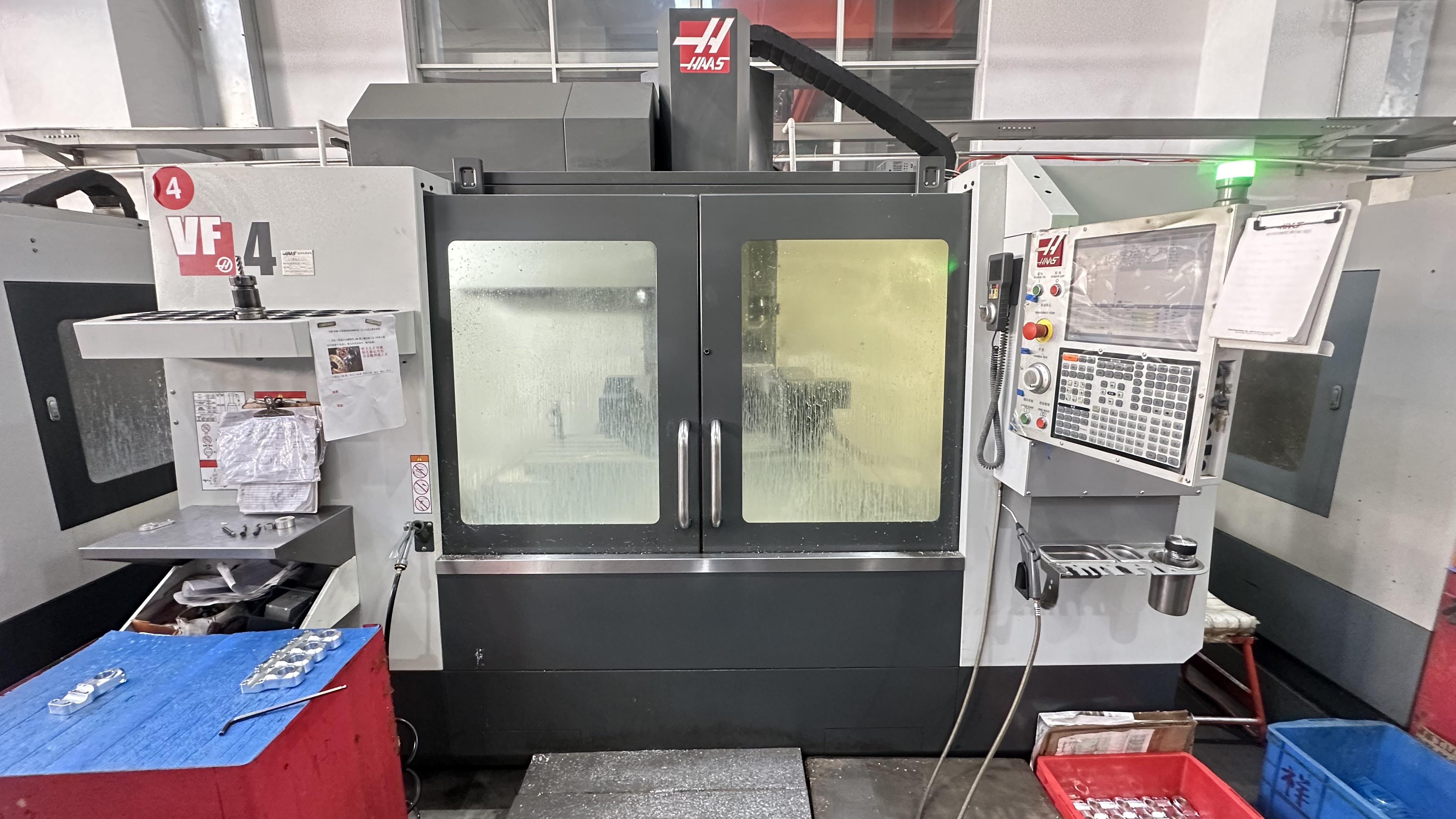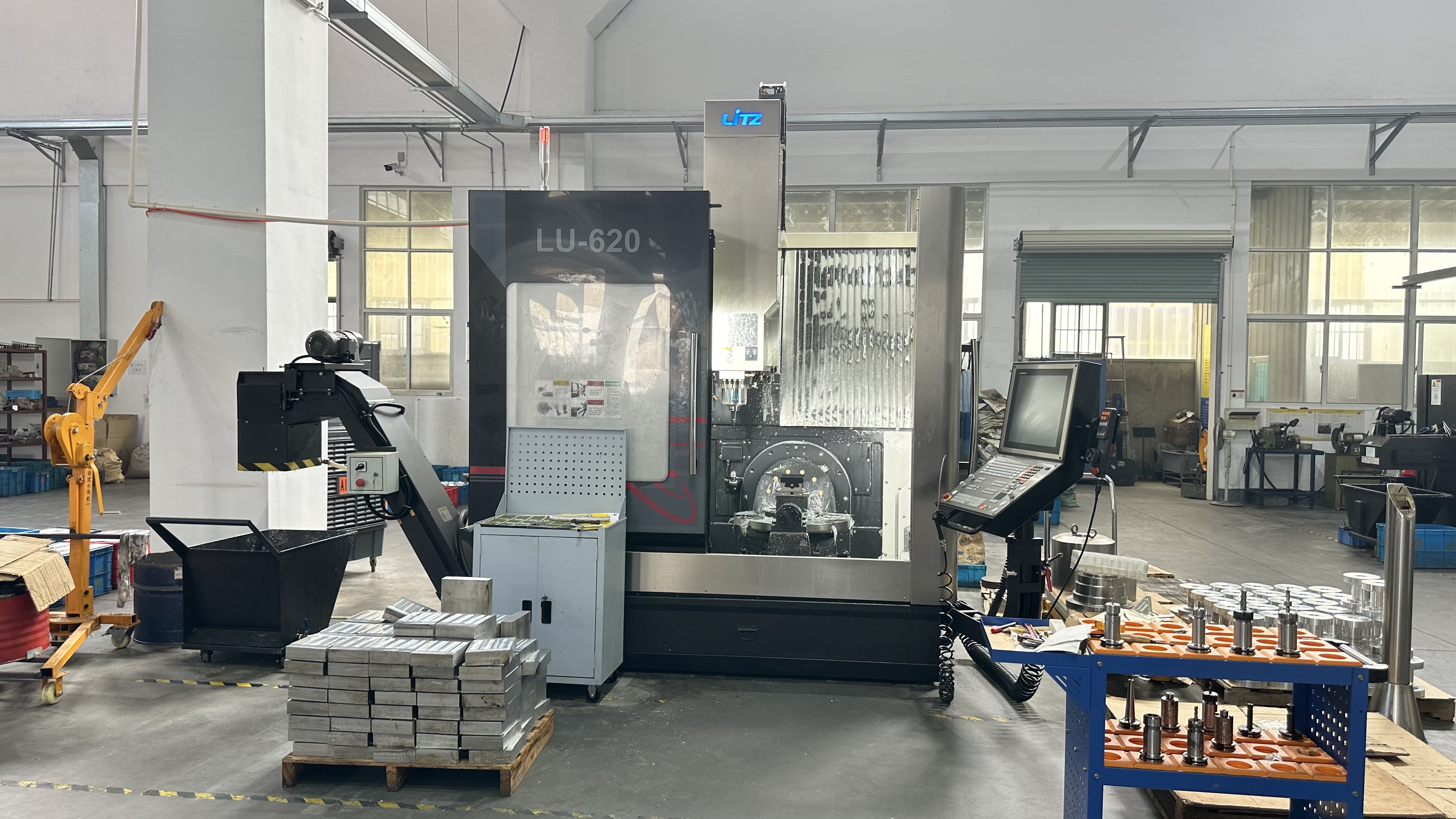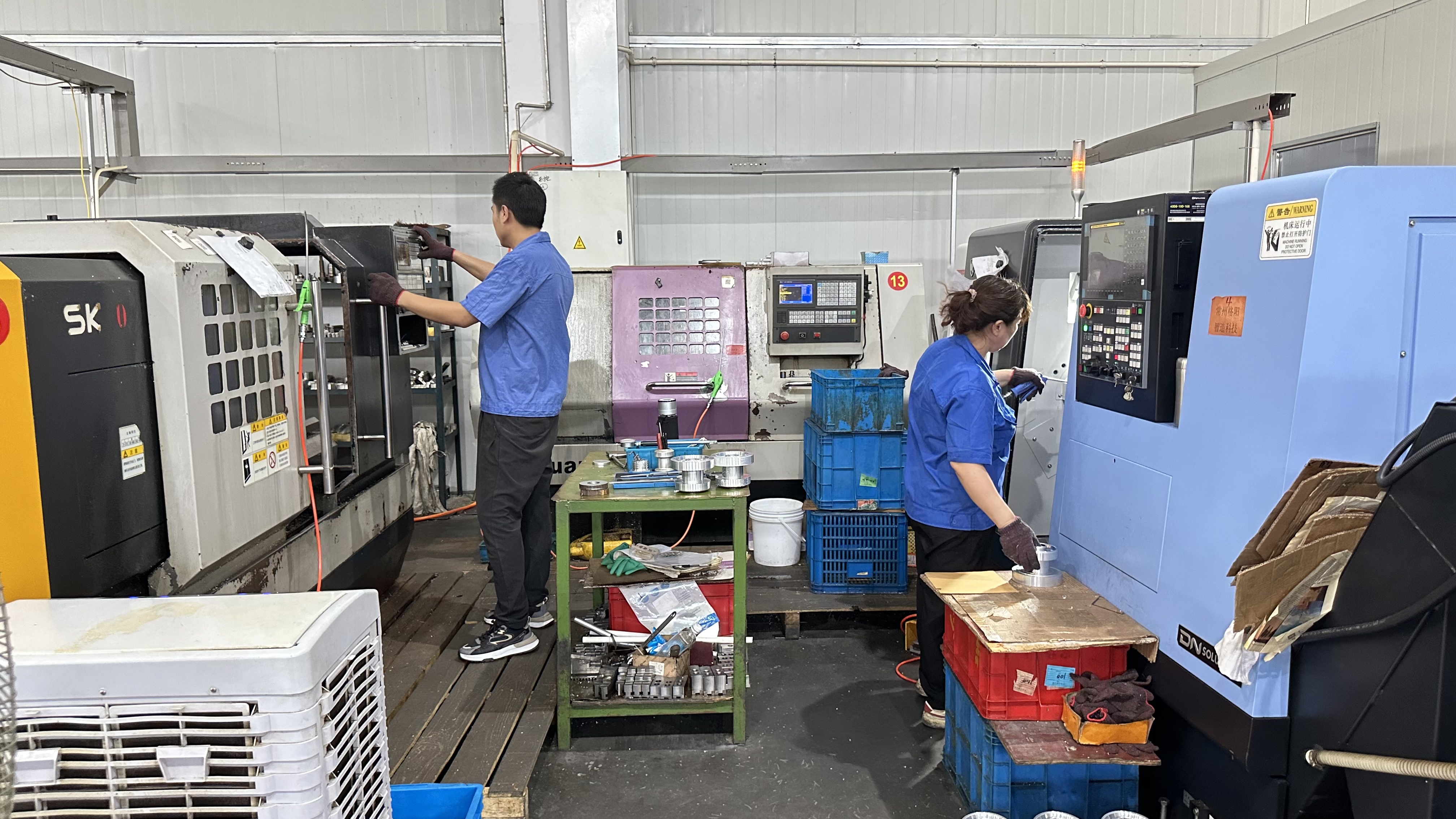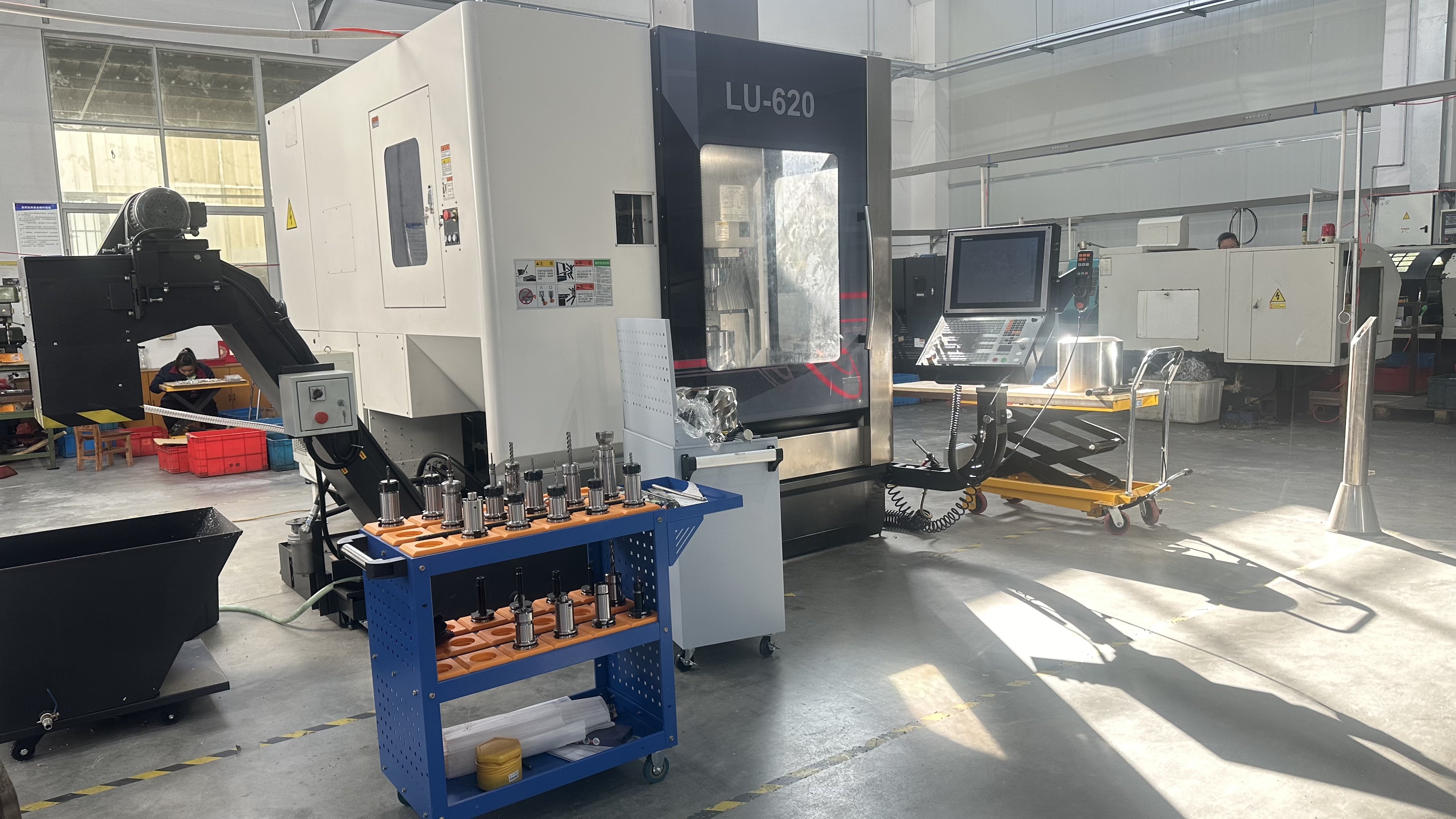Aluminum Alloy 7075 T6 #219 Sprocket: Elite Performance for Precision Racing
The Aluminum Alloy 7075 T6 #219 Sprocket is a premium drivetrain component designed to maximize power transfer and durability in go-kart racing and high-performance builds. Precision-machined from 7075 T6 aluminum—aerospace-grade alloy with zinc for superior strength—it’s tailored for #219 pitch chains (7.95mm) and available in tooth counts from 60T to 97T, fitting engines like Rotax Max, IAME X30, Briggs LO206, or Predator 212cc. Compatible with chassis from Tony Kart, OTK, CRG, and Manco, and axles from 25mm to 50mm, this sprocket is a top pick for racers, mechanics, and DIY enthusiasts, aligning with your interest in performance parts like sprockets and mounts (March 18 and April 11-15, 2025). Whether you’re tuning for a national race or upgrading a custom kart, this sprocket offers lightweight agility, unmatched toughness, and seamless chain engagement for every track challenge.
What Is an Aluminum Alloy 7075 T6 #219 Sprocket?
An Aluminum Alloy 7075 T6 #219 Sprocket is a toothed wheel that drives a #219 pitch chain, connecting the engine’s clutch to the rear axle for efficient power delivery. CNC-machined from 7075 T6 aluminum, known for its high tensile strength (73,000 PSI) and hardness, it features tooth counts from 60T to 97T and mounts via 3-hole (58mm) or split hubs. Its heat-treated temper ensures resilience, making it ideal for high-stress racing environments.
Why Use a 7075 T6 Aluminum Sprocket?
This sprocket’s 7075 T6 alloy offers a superior strength-to-weight ratio over 6061 T6, reducing rotating mass for faster acceleration, as valued in your sprocket inquiries. Its hard-anodized finish resists wear, extending life in harsh conditions, while split designs allow quick gear changes, saving pit time. Perfect for national-level racing or custom setups, it ensures precise gear ratios and durability, rivaling steel at half the weight.
Designed for Strength and Compatibility
Our 7075 T6 #219 Sprockets are crafted for axles from 25mm to 50mm, with teeth from 60T to 97T for gear ratios of ~4:1 to 7:1, and one-piece or split options. Finished in black, gold, or blue hard anodizing, they fit chassis like Kosmic, Birel ART, and Yerf-Dog, supporting engines from 150cc to 300cc, delivering a robust, versatile drivetrain solution for professional and hobbyist karts alike.
Key Features of the Aluminum Alloy 7075 T6 #219 Sprocket
The 7075 T6 #219 Sprocket combines cutting-edge materials, meticulous engineering, and racer-focused design, setting a benchmark for kart performance. Here’s what makes it exceptional.
Aerospace-Grade 7075 T6 Aluminum
Machined from 7075 T6 aluminum, these sprockets weigh 0.3-0.7 pounds (e.g., 75T at 0.4 lbs), boasting 73,000 PSI tensile strength—65% stronger than 6061 T6. Hard anodizing (40-50µm) ensures 700-1,200 hours of durability in dry or wet conditions, resisting corrosion and chain abrasion for elite racing reliability.
Precision-Cut Tooth Profile
CNC-machined teeth achieve 0.005mm accuracy, ensuring the #219 chain meshes flawlessly, minimizing friction and power loss. Self-cleaning grooves between teeth, as seen in premium designs, prevent mud buildup, maintaining performance in sandy or wet races, with 60T-97T options optimizing torque or speed.
Hard-Anodized Durability
Hard-anodized coatings in black, blue, or gold enhance surface hardness to ~400 HV, rivaling steel sprockets’ longevity at a fraction of the weight. This finish protects against track debris and UV exposure, ensuring consistent performance for national races or extended club seasons, a cost-effective edge for serious racers.
Split or Ultra-Lite Mounting Options
Split sprockets enable axle-mounted swaps without chain removal, cutting pit time, while ultra-lite one-piece designs (30-40% lighter than steel) boost responsiveness. Both feature 3-hole (58mm) or square-hole mounts, torqued to 8-12 ft-lbs, ensuring secure fitment across brands like OTK or CRG, ideal for fast-paced environments.
Applications of the Aluminum Alloy 7075 T6 #219 Sprocket
The 7075 T6 #219 Sprocket’s strength and adaptability make it perfect for diverse karting needs, from pro racing to custom builds, resonating with your focus on drivetrain precision.
National and Pro Kart Racing
For sprint, oval, or TAG racing, this sprocket excels on chassis like Tony Kart or OTK with engines like Rotax Max or IAME X30. Lower teeth (60T-75T) deliver torque for technical circuits, while higher teeth (80T-97T) maximize speed for straights, ensuring podium-worthy precision in high-cc classes like Senior Max.
Club Racing Performance Upgrades
Club racers with Predator 212cc or Briggs LO206 engines benefit from the sprocket’s lightweight design on Manco or Kosmic chassis, enhancing acceleration for local tracks. Its durability reduces maintenance, making it a reliable choice for weekend warriors seeking consistent performance without frequent replacements.
Custom Kart Builds and Mods
DIY builders, like your interest in mounts and sprockets, use these sprockets for bespoke karts, fitting engines like Tillotson or IAME KA100. Split designs simplify gear testing, and vibrant anodized finishes elevate show karts, streamlining drivetrain tweaks for unique chassis or retrofits without sacrificing strength.
High-Stress and Mixed Conditions
In off-road or wet races, the sprocket’s anodized finish and self-cleaning teeth resist corrosion and debris, maintaining grip with #219 chains on rugged karts. Mid-range teeth (70T-85T) balance power for mixed terrains, ensuring reliable performance in dusty or muddy environments, ideal for versatile setups.
Technical Specifications and Usage Guide
To maximize the Go Kart 219 Sprocket’s performance, understanding its specs and installation process is essential. Here’s a detailed guide.
Size and Compatibility
These sprockets fit #219 pitch chains (7.95mm), with 60T to 97T counts (~152mm to 245mm diameter) and mount on 25mm to 50mm axles via 3-hole (58mm) or square-hole hubs. They’re compatible with chassis from Tony Kart, CRG, and Hammerhead, and engines from 150cc to 300cc, including ROK VLR or Predator Ghost.
Material Strength and Durability
7075 T6 aluminum provides 73,000 PSI tensile strength and 63,000 PSI yield, lasting 700-1,200 hours in dry conditions or 1,000 hours in wet with hard anodizing (40-50µm). Its zinc alloying resists fatigue, ensuring reliability under high-RPM racing or recreational stress, outlasting 6061 T6 by ~30%.
Step-by-Step Installation Guide
Preparation: Select tooth count (e.g., 75T for mixed tracks) and verify axle size (e.g., 40mm). Gather sprocket, hub, M6 bolts, #219 chain, and tools (10mm wrench, hex key).
Positioning: For split sprockets, align halves around axle; for one-piece, slide onto hub. Use a straight-edge to align with clutch sprocket (10T-12T), ensuring 1/8” chain gap.
Securing: Torque M6 hub bolts to 8-12 ft-lbs in a star pattern. For split designs, tighten connecting bolts to 5-10 ft-lbs, checking flush fit. Set chain to 1/4” slack.
Final Check: Spin axle to verify smooth chain run and no wobble. Test at idle to confirm alignment and tension, adjusting hub if chain skips or binds.
Maintenance Tips
Check for tooth wear (>0.5mm hooking), anodizing wear, or loose bolts after races or wet runs, cleaning with a soft brush and mild solvent. Re-tighten bolts after 50 hours and replace if teeth crack or wear significantly, typically after 700-1,200 hours based on conditions. Store dry to prevent oxidation.




















